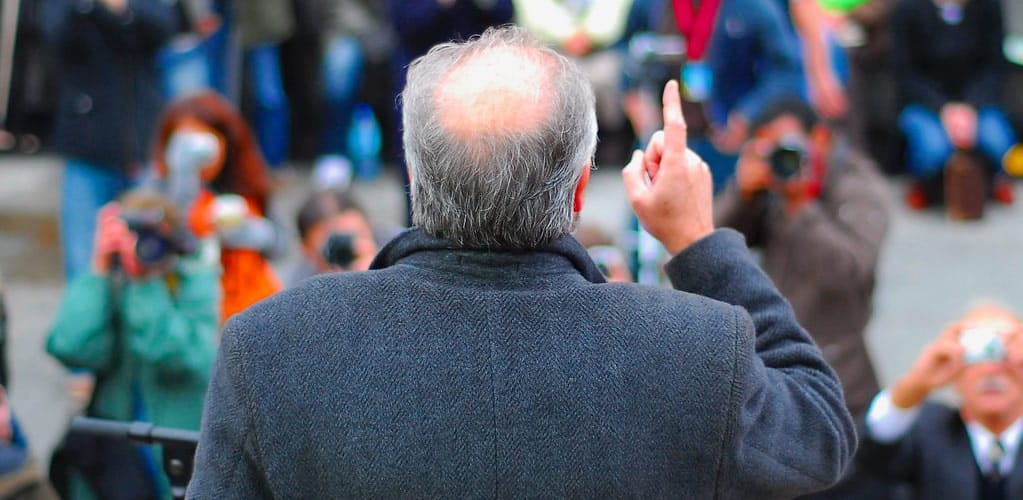Rochdale: How a special election in the UK became really special
The by-election in Rochdale became noteworthy due to candidates’ controversies and its proxy for the Israel-Gaza debate, revealing societal divisions and neglect in the deprived area.

The by-election in Rochdale became noteworthy due to candidates’ controversies and its proxy for the Israel-Gaza debate, revealing societal divisions and neglect in the deprived area.
G enerally, a special election in Britain would hardly be reason to sit up and pay attention. But the February 29 vote in Rochdale, a town in northwestern England, has been special. Really special.
Generally, a special election in Britain would hardly be reason to sit up and pay attention. But the February 29 vote in Rochdale, a town in northwestern England, has been special. Really special.

— Rochdale, Greater Manchester.
The three candidates, all former members of Britain’s main opposition Labour Party, were banished from its fold for alleged misbehaviour of various sorts.
But more to the point, Rochdale turned into a proxy for the Israel-Gaza debate.
In so doing, Rochdale played a role that’s faintly akin to Michigan for Joe Biden. To bring Gaza to the centre stage of British politics.
It’s debatable that’s happened. But there’s been enough shouting to confuse the narrative.
Rochdale’s Muslim population, which makes up about 30% of the electorate, is unquestionably angry about what is happening in Gaza. As also, the perceived pusillanimity of political parties to say much that’s worthwhile about the situation nearly six months into Israel’s punishing military operations in Gaza.
Accordingly, a vacancy caused by the death of the sitting Labour MP, went from an unremarkable contest that would unquestionably result in yet another Labour win, to a seething fight. One that revealed the multiple faultlines in British public life.
Consider all that happened in the run-up to the election.
The official Labour candidate, Azhar Ali, was dethroned for alleged anti-Semitic comments, for which he later apologised. But Mr Ali remained on the ballot papers as the Labour candidate, his naming-and-shaming coming too late to legally change the printed material.
Meanwhile, George Galloway, a former Labour MP who was expelled from the party in 2003 for opposing the Iraq invasion, was mounting a fiery campaign to represent Rochdale in parliament. He positioned himself as Gaza’s voice in Rochdale, with his leaflets exhorting the electorate as follows: “The people of Gaza don’t have a vote in this election, you do”.
The third candidate, Simon Danczuk, also a former Labour MP, ran as a member of the Reform Party, which is pretty far right. He accused Mr Galloway of ignoring the majority of Rochdale’s “white, working people”, raising fears of deepening sectarian rifts within the constituency.
What does all of this mean for a fairly neglected and rundown part of the United Kingdom, which, as some Rochdale residents point out, is one of the country’s most deprived areas?
Nothing good, it’s safe to say.

GOING FURTHER
Why George Galloway won the Rochdale by-election | The New Statesman
Q&A: What does George Galloway’s Rochdale by-election victory mean? | The Standard
Where populists rush in: How George Galloway harnessed the Middle East to derail an election in forgotten Rochdale | Politico
George Galloway – latest: Sunak decries ‘forces of division’ as Lee Anderson hailed at Tory dinner with Truss | The Independent
Rochdale by-election: Keir Starmer apologises to voters after George Galloway win | BBC News
Sources:
▪ This piece was first published in Medium and re-published in PMP Magazine on 2 March 2024 under a Creative Commons Attribution-NonCommercial 4.0 International licence. | The author writes in a personal capacity.
▪ Cover: Flickr/David Martyn Hunt. (Licensed under a Creative Commons Attribution-ShareAlike 4.0 International License.)







[Read our Comments Guidelines]